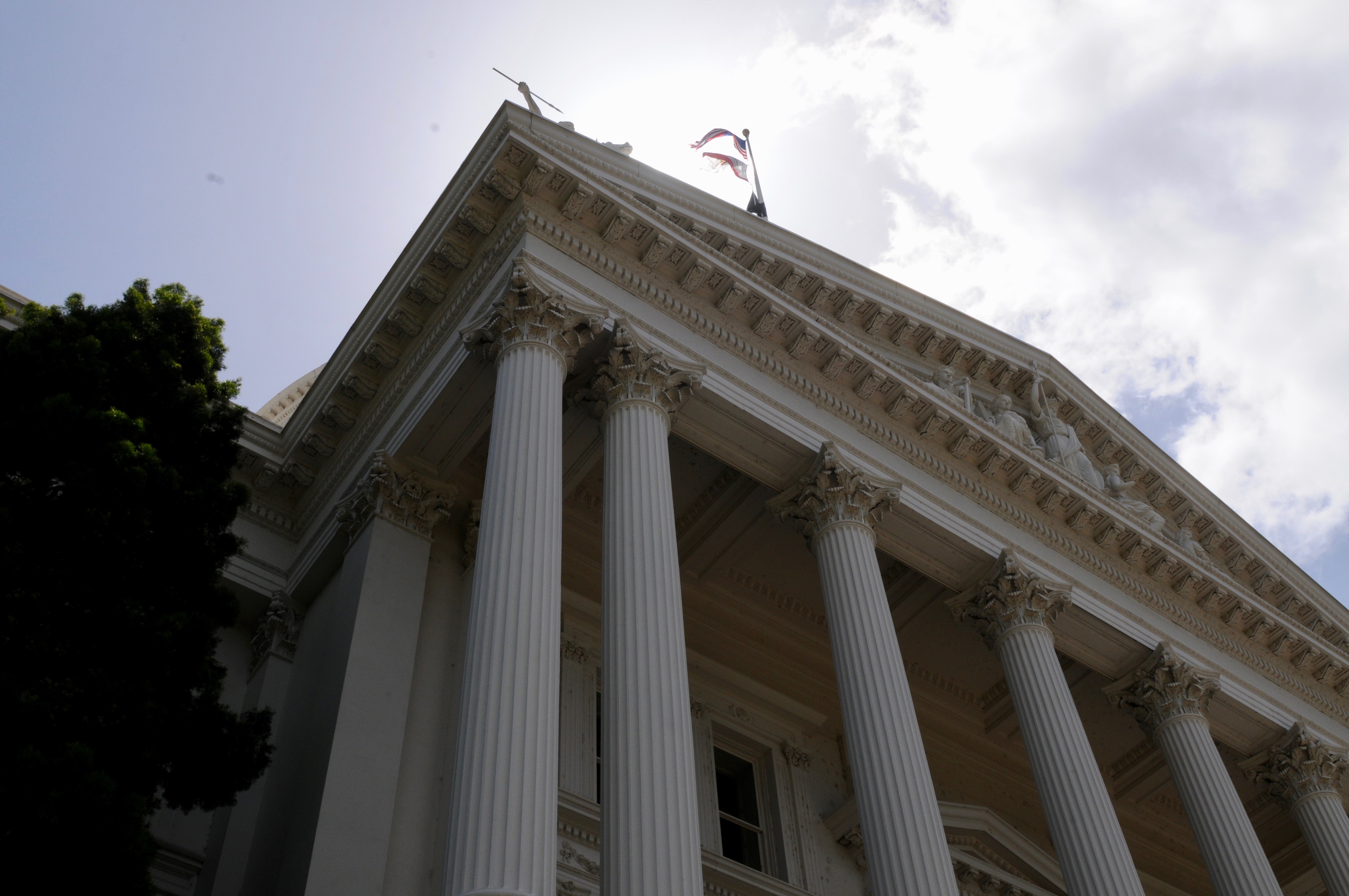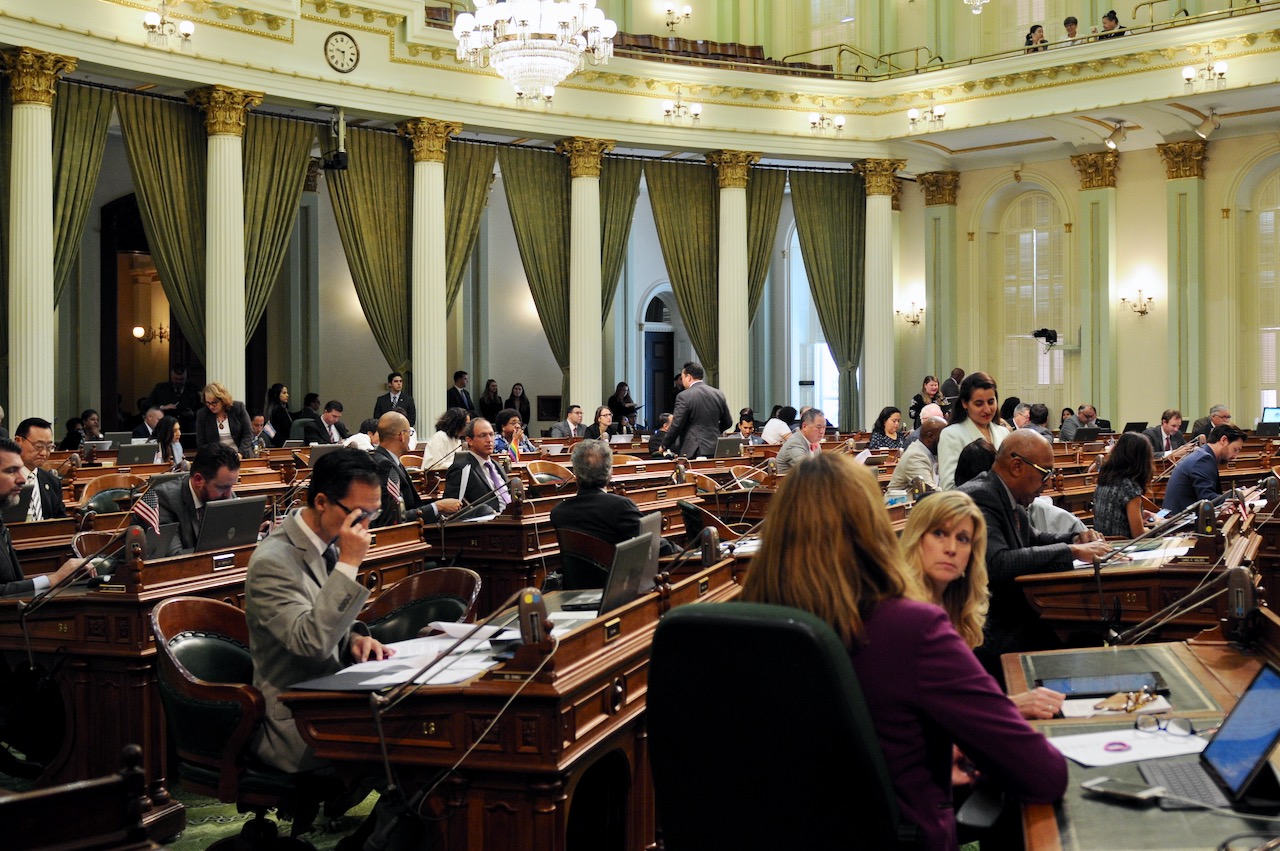
NLRB Drops Joint Employer Rule: Blow to Big Labor
This failed policy can finally be buried in the ground where it belongs.
By Thomas Buckley, July 19, 2024 2:33 pm
In a “big win” for common sense, the National Labor Relations Board (NLRB) today dropped its appeal of a federal court ruling that its new “joint employer” was unconstitutional.
If left standing, the rule would have drastically changed the rules governing franchisers and other contract employees (the anti-freelance/anti-independent contractor rule remains sadly in place.) (the anti-freelance/anti-independent contractor rule remains sadly in place.)
National labor groups had pushed hard for the new rule for a simple reason: it would have meant that signing up new union members would be far easier than in the past.
For example, take a fast food chain. McDonald’s is a giant company but directly owns few – if any – of the restaurants itself. Individual independent businesspeople own the restaurants and agrees to pay corporate a certain fee each month, and agrees to run it to certain standards. and carry certain menu items, etc.
But it remains an individual small business owned by the local person and that meant that any union trying to organize McDonal’s workers had to go from restaurant to restaurant and unionize each separately.
The now-discarded joint employer rule would have allowed a union to try to unionize all of the McDonald’s at once, arguing they were “jointly employed” by both the corporate and local entity.
Importantly, the rule went far beyond franchisees and could impact practically every individual contractual relationship a company has. Take a hospital for example – it has what are known as “traveling nurses” on contract, it may contract out its food services, cleaning and maintenance services, etc. This rule would have impacted all of those relationships, in particular “traveling nurses” – RNs who move around the country plugging staffing shortages on a contract basis and who tend to make way more than regular employee RNs but may in fact “report” to them and definitely report to the hospital itself.
The rule also created very negative ways in the construction business – could an independent subcontractor working on a project then be lumped in with the general contractor or even the owner of the project for unionizing and regulatory purposes? The rule made that possible.
The NLRB put the rule into place last fall and was immediately sued by a number of entities, including the United States Chamber of Commerce. In March, a federal court in Texas invalidated the rule but the NLRB appealed the ruling and it is that appeal that has been dropped meaning the current standards stay in place.
“We are pleased the Board decided to withdraw its appeal of the court’s decision and that the court’s ruling to block the NLRB’s radical and over broad joint employer standard is now final,” said Ben Brubeck of the Associated Builders and Contractors group. “The 2023 final rule would have disrupted long-established, efficient operational processes that are followed by construction service providers who work together to build America. And it clearly would have had a harmful effect on a significant segment of the construction industry: small businesses.”
But the dropping of the appeal obviates that concern. “Because the ABC-supported 2020 final rule remains in effect, contractors will be better able to work and coordinate with multiple employers without fear of being unexpectedly and unfairly found to be joint employers,” said Brubeck.
When asked the NLRB dropped the appeal, spokesperson Kayla Blado said that “(G)iven the litigation posture of the 2023 Joint Employer Rule, the Board has decided to withdraw its appeal of the district court decision vacating the rule.”
Exactly what “litigation posture” she was referring to is unclear It could mean the NLRB knew it was going to lose the appeal or it could mean that, in light of the recent “Chevron deference” decision by the United States Supreme Court that stripped government agencies of their “automatic expert” status.
“This is good news for employees and franchisees and contractors,” said Tom Manzo, CEO of the California Business and Industrial Alliance (CABIA). “But we still have a lot of work to do at the state level.”
Federal elected officials were also pleased with the decision, particularly Rep. Virginia Foxx (R-NC), chair of the House Committee on Education and the Workforce.
“Workers, small business owners, and entrepreneurs across the nation are certainly rejoicing today – the NLRB dropped to its knees and waved the white flag in utter defeat. The Biden administration’s joint-employer standard would have fast-tracked more government regulation while emboldening union bosses to press their thumbs down on hardworking Americans. Now, this failed policy can finally be buried in the ground where it belongs.”
- Benefit Fraud Problems and Solutions - November 7, 2024
- A Little Exit Poll - November 5, 2024
- Tomorrow’s Headlines Today! - November 5, 2024





What disgusts me is that they thought this rule was logical and legal in the first place. Thank god that at least some of our judiciary have the sense and intelligence to see through these attempts. But it scares me to think that there are still people in charge in the executive branch who thought this rule was a good idea.